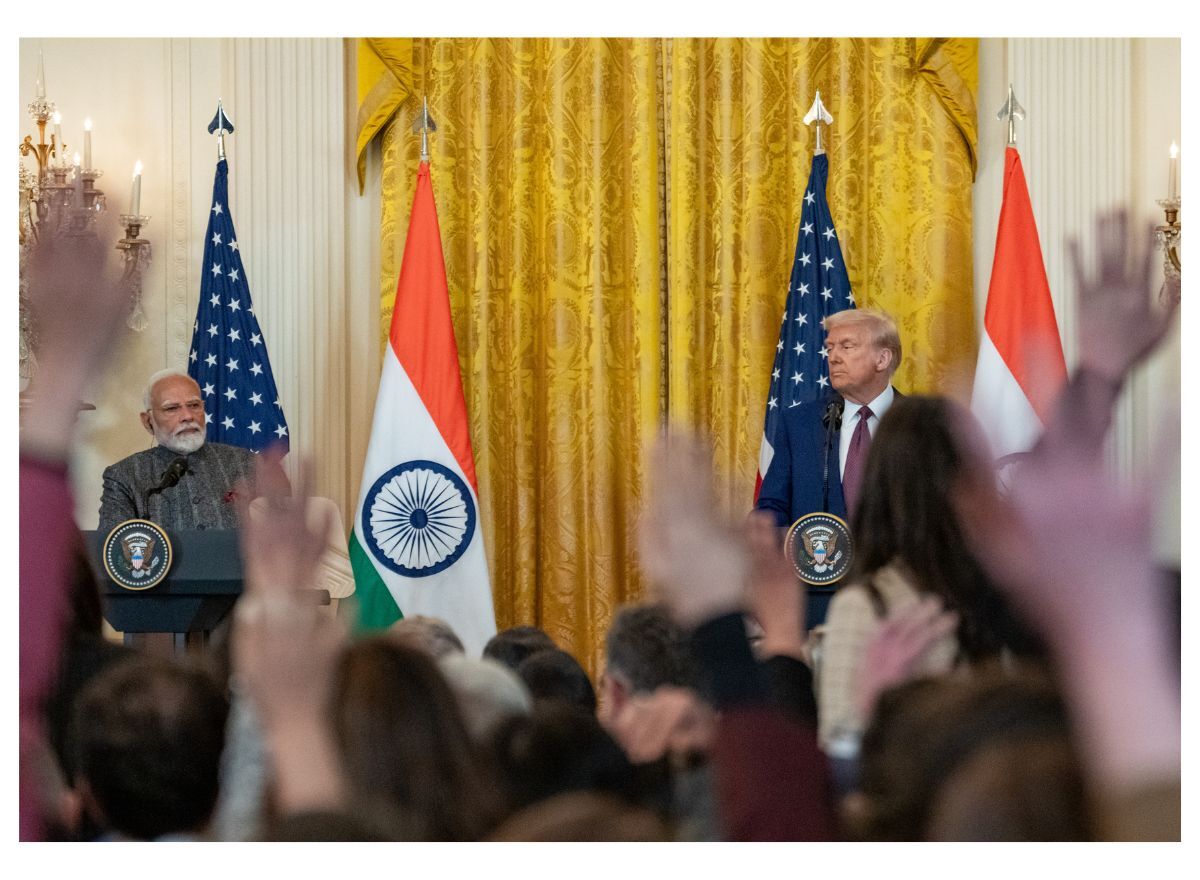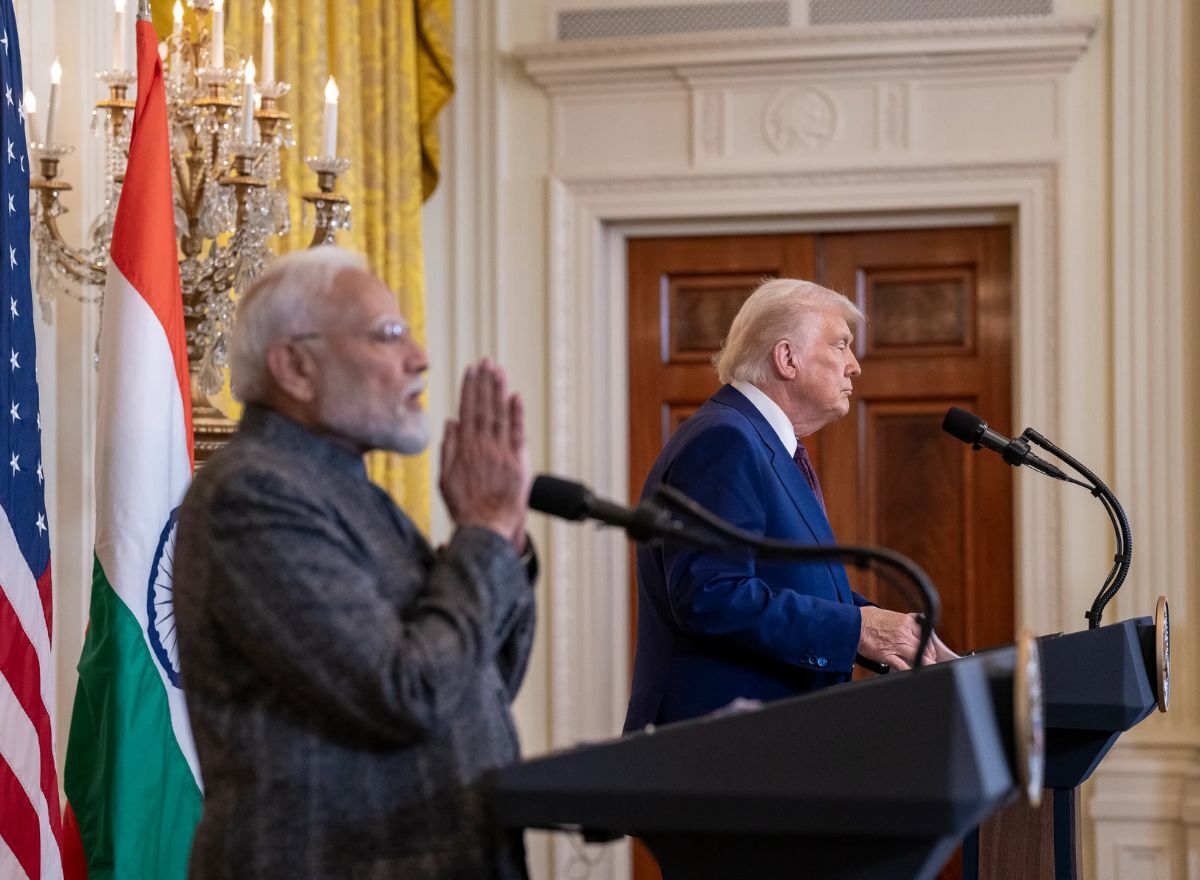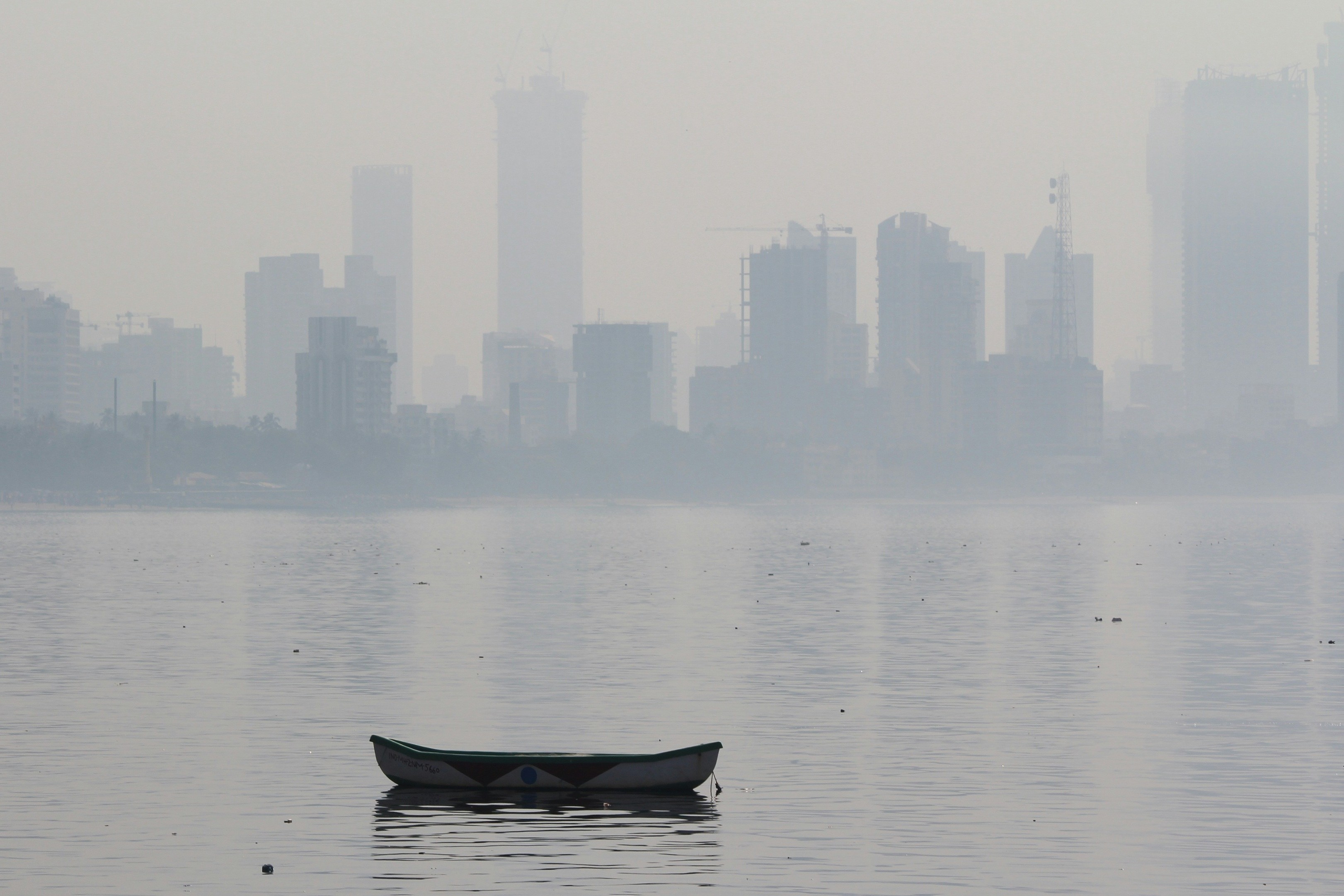Why Indian states shouldn’t have a two-child policy
Uttar Pradesh and Assam are pushing for the policy despite scant evidence that it works. The fertility rate of Muslims is also cited as a major reason for such norms, and that’s disinformation at its worst.
17 July, 2021•18 min
0
17 July, 2021•18 min
0

Why read this story?
Editor's note: The clock began ticking on Mitwa’s tenure as the pradhan of a local panchayat, or village council, in Rajasthan when she became pregnant a third time. As the intermediary between her village and the local administration, she was expected to adhere to the Rajasthan Panchayati Raj Act of 1994, which disqualifies elected local leaders from elections if they have more than two children. Her state had been the first in India to impose the two-child policy for panchayat and municipal leaders, and she was well aware of that. For this reason alone, she wasn’t keen on baby number three. But her husband was. Despite being the most educated OBC (short for other backward classes) woman in her family, not to mention the only one who’d risen to the rank of village leader, Mitwa had no say in her household; not even after she’d already borne a son. And so she carried the familial demand for a second male on her fraught shoulders. She couldn’t openly feed her newborn, lest someone find out and rat her out to the district panchayat …
More in Chaos
Chaos
The Career Upside Of Global Realignment
The new world order is going to redirect capital, careers, and growth. This sets the stage for a generation of young professionals looking to build a bright future.
You may also like
Chaos
Friendship with my father-in-law
We wanted to change things but needed a safe space for ourselves, too. My elderly in-laws, Ammi and Papa—the two people we had been most afraid of offending with our inter-faith marriage—became our allies.
Chaos
What I learnt being a part of a Nobel Peace Prize contender
More than anything else, at Karwan-e-Mohabbat, we discovered the potential within each one of us. The power of community. Of connecting with others and extending ourselves.
Chaos
Internet shutdown doesn't stop exam cheats. Some Indian states do it anyway
Sixteen shutdowns in six years show that they have become the go-to response to cheating, regardless of the high costs involved.








